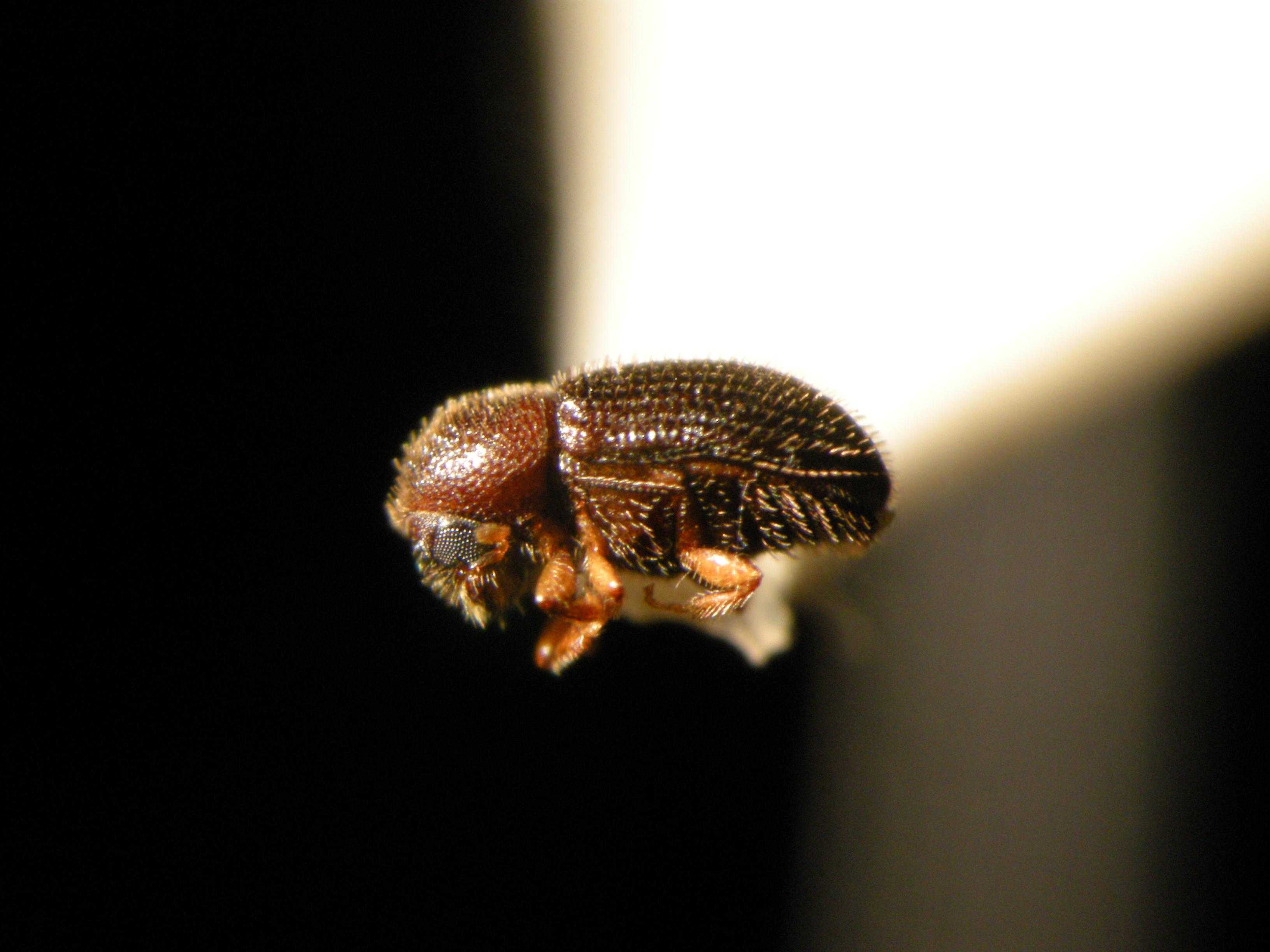HONOLULU — The Hawaii Board of Agriculture (HBOA) voted on December 16th to place coffee grown at Waialua Estate Coffee Farms and coffee roasted at the Old Waialua Sugar Mill under the same quarantine restrictions as coffee grown on Hawaii Island due to the recent detection of coffee berry borer (CBB) infestations at the sites.
The board voted unanimously to expand the interisland quarantine restrictions to these specific Waialua farm and mill. The restrictions go into effect Dec. 17, 2014. Both sites are owned by Dole Foods.
“It is critical in situations like this that the department and the industry work closely together,” said Scott Enright, chairperson of the HBOA. “We appreciate the strong leadership of Hawaii’s coffee industry and the complete cooperation of Dole in this matter.”
The quarantine restrictions are limited to the designated areas in Waialua, Oahu and does not apply to other Oahu coffee growers at this time. HDOA has surveyed other small coffee farms in Waimanalo, Maunawili, Poamoho, Kunia and Tantalus, and have not found CBB at other Oahu areas.
The quarantine restrictions are exactly the same as those which have been in effect for coffee from Hawaii Island since December 2010. The quarantine restrictions require a permit from HDOA to transport unroasted coffee beans, coffee plants and plant parts, used coffee bags and coffee harvesting equipment from CBB-infested islands to other non-infested areas or islands to prevent CBB movement .
The rules also require certain treatments and inspection by HDOA Plant Quarantine inspectors prior to shipping. Inspectors will either attach a tag, label or stamp to indicate the shipment passed inspection requirements.
For unroasted coffee beans, acceptable treatment protocols include fumigation, freezing and heat treatment. The coffee beans must also be roasted at a facility that is at least five miles from any commercial coffee-growing area.
Although the Oahu quarantine restrictions were approved today, Dole Foods had already placed their Waialua Coffee Farm and Waialua Estate Coffee Mill under voluntary quarantine.
One of the most devastating coffee pests, CBB was first detected in the state in September 2010 in Kona and discovered in Ka`u in May 2011. In early December 2014, HDOA confirmed the presence of the CBB (Hypothenemus hampei) on the coffee farm in Waialua, Oahu. This small beetle bores into the coffee “cherry” to lay its eggs.
The larvae feed on the coffee bean, reducing the yield and quality of the bean. CBB is native to Central Africa and is also found in many coffee-growing regions of the world, including Central and South America.
Immediately after the detection, a joint crew surveyed the coffee fields and coffee mill and found that CBB was established and distributed throughout the 155-acre Waialua farm and the mill. It is still unknown how CBB made its way to Hawaii Island and how it came to Oahu. HDOA will continue to survey uninfested areas in Hawaii and attempt to trace forward recent shipments of coffee from Oahu to other islands.
Since its detection in Kona in 2010, Big Island coffee growers have developed methods to manage the pest, which include using an organic pesticide and field sanitation practices. Some farms with good management practices have been able to keep infestations down to about 20 percent of the coffee crop.
For more information on CBB in Hawaii, go to HDOA’s CBB information page at: http://hdoa.hawaii.gov/pi/ppc/cbbinfo/.
To view the map of the quarantine area on Oahu, click here (pdf file).


















